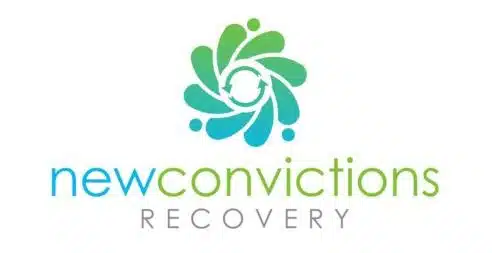In the American way of life, work is seen as a defining attribute of an individual’s status in society. One learns from a young age the value of work and the importance it has on an individual’s ability to navigate through life. From media to government to family discussions, work is a focal point in the lives of many; therefore, since our society places such a high premium on working individuals, people are evaluated and judged based on their work performance. Such societal pressures can make work more than a means to survive or support one’s family; individuals begin to find their identity, worth, and value in work which can transcend other responsibilities in one’s life.
How does the societal value of work relate to people who are recovering from mental health and addiction recovery? As noted above, since there is such a premium placed on work in society and a propensity for individuals to find their value, worth, and identity in work, it can be easy for individuals to neglect their mental health and addiction recovery for work. For example, if a person is a successful salesman of a company generating lots of revenue for the business and earning lucrative commissions, his desire for success and wealth in the company can supersede his need for recovery because recovery can take time from what he finds value in: being successful in sales and earning hefty paychecks. It is no surprise that many men (and an increasing number of women) lose their relationships, finances, health, and sanity before losing their job; to lose one’s job is the biggest confrontation that an individual has a problem because the source of his or her value is now gone. If an individual is unable to go to work to provide for his family or contribute to society in a productive way, he has broken a cultural norm that can invite shame into his life; this shame then becomes a high motivating factor in addressing the real issues (mental health or addiction recovery) since it is now in plain sight for all to see (due to the loss of a job). Unfortunately, this process can take months, years, or decades before an individual sees the necessity to prioritize recovery over work and even then, there is no guarantee that the individual will change. This leads to the idea of the “functioning addict”: an individual who has a drug/alcohol problem but is able to function. This term can be a misnomer in that it really means that an individual has not lost his or job to his or her addiction; however, they are not functioning in other areas such as relationships, physical health, mental health, and finances.
Another reason why an individual may put work before their mental health and addiction recovery is due to the nature of his or her work. For example, if an individual works for security in protecting important government officials and is always traveling, the nature of his work would inhibit him from committing the time necessary for recovery due to his work obligations. An individual may also have the unfortunate scenario of always needing to work to stay afloat financially. Therefore, an individual will always need to assess whether one’s job is compatible with recovery goals and to what degree of sacrifice a person is willing to make in order to achieve recovery. A common saying that circulates throughout recovery fellowships is that “work revolves around recovery rather than recovery revolving around work.” To the degree that an individual sees recovery can help promote better work habits will determine the level of action an individual is willing to make towards his or her recovery.
Addiction recovery serves many benefits in helping working individuals. Recovery is not passive but active, proactive rather than reactive; therefore, it is important that working people prioritize their recovery over work to ensure they have a successful outcome. As is said in many recovery circles, “anything you put over recovery you lose; anything you put under recovery you gain.” While navigating work in recovery can be a difficult task, there is an addiction therapist near me who has the skills to help in addiction therapy. To look at the services that are offered, please click here.

